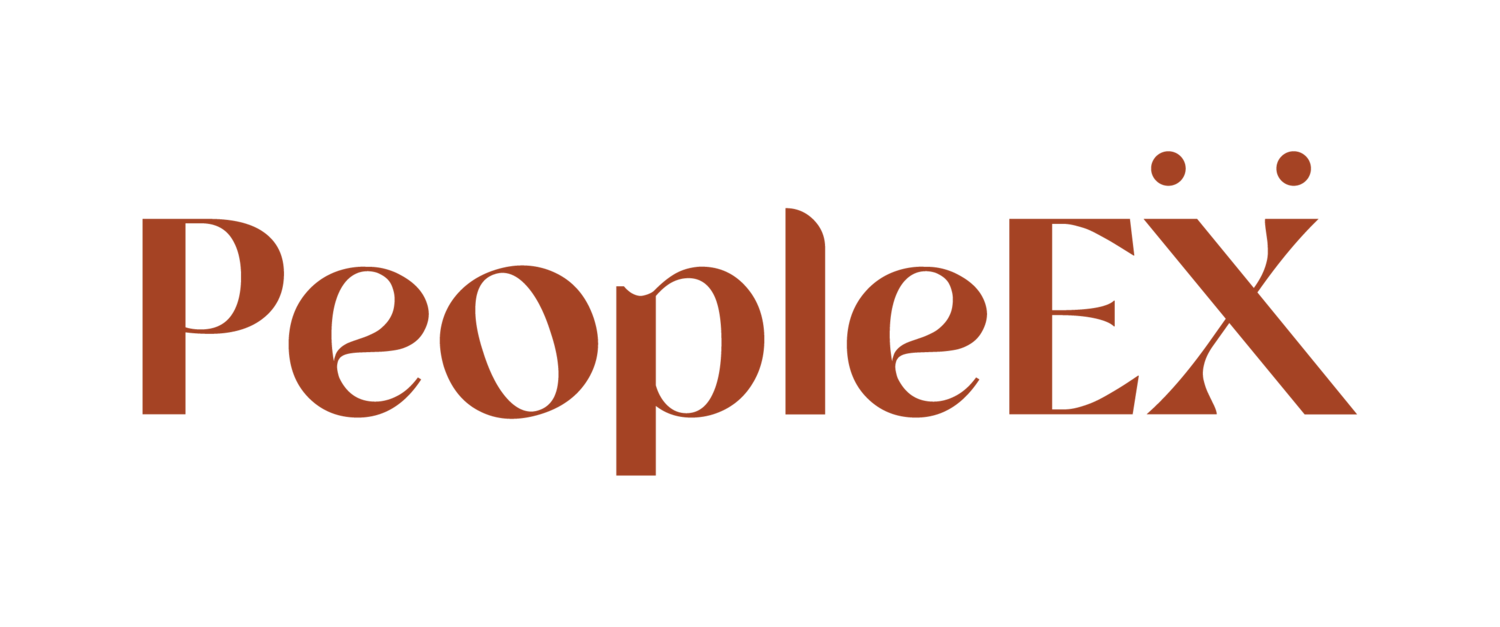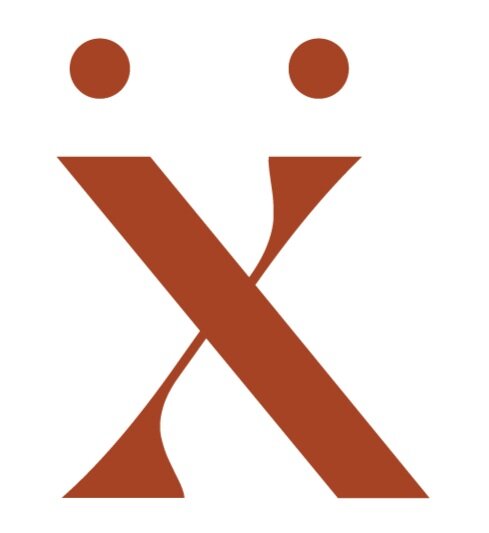Artificial Intelligence in the Workplace: Ethics, Policy and Why it Can Never Replace Our Humanness
There's no denying the fact that Artificial Intelligence (AI) is reshaping the way we work. But while AI offers numerous advantages in the workplace, it's essential to balance automation and the human touch.
In this blog, we'll explore both the benefits and limitations of AI from an HR perspective and the ethics of using it.
Benefits of AI in the workplace
One of the most beneficial uses of AI is that it can help us automate repetitive and mundane tasks. This can improve efficiency and productivity in many professions, including HR, freeing time for more meaningful, creative and strategic work.
For example, in the HR profession:
AI can automate data entry tasks, ensuring accuracy in maintaining employee records.
AI-based systems can automatically track and manage employee time and attendance, reducing errors in payroll processing.
AI-powered chatbots can handle routine employee queries related to HR policies.
AI tools can even analyse performance appraisal data, identifying trends to assist HR professionals in making informed decisions about employee performance and development.
AI can quickly and accurately identify informational patterns and optimise trends, so it is perfectly suited for cognitively routine work. Speeding up mundane processes and basic research tasks leaves us more time to uncover insights. But it has its limitations.
Limitations
AI can't replace the uniquely human elements of our job.
For example, in our work as HR consultants, our clients' questions are complex, requiring experienced thinking, empathy, intuition and nuanced approaches — something AI can't replicate.
So, are humans and robots really in competition?
We don't think so.
AI is based on algorithms and patterns, whereas human creativity is driven by intuition, inspiration, and imagination and heart. AI, therefore, can't think outside the box and create original ideas. AI isn't intuitive, emotional, empathetic, or culturally sensitive. And it's exactly these qualities that make us effective and essential in the workplace.
Our humanness enables us to:
Understand, resonate and empathise with the emotions of employees during difficult periods.
Think creatively and strategically about organisational purpose and culture.
Build and nurture relationships that require trust and genuine connection.
Resolve interpersonal conflict and mediate disputes.
Appreciate and navigate diverse cultural nuances.
Inspire, empower and motivate people.
We were reminded recently of the importance of human connection after hearing an interview with Dr Robert Waldinger, director of Harvard Medical School’s Study of Adult Development, the world's longest-running research into human happiness. A key finding of this decades-long study is that human connection is the most important factor in human happiness. Not only that, but it is the most important factor in human health. Our relationships regulate stress, promote positive chemical activity in the body and lead to greater health outcomes - incredible really!
So, AI can certainly enhance mundane HR processes, but our indispensable humanness is integral to the overall well-being and success of organisations and the people within them. AI can never replace deep workplace experience, human judgement, connection, creativity, and emotional intelligence. It can never replace the human heart.
AI ethics in the workplace
Ensuring responsible AI usage in the workplace is now essential to our HR profession. There are some key AI ethics to consider:
Bias mitigation - AI is only responsive to the available data. If the data is biased or incomplete, the AI output will reflect those biases. Regular audits should be conducted to identify and rectify any biases.
Privacy protection - Measures should be in place to protect sensitive information, and data usage and storage policies should be communicated to employees.
Ethical usage - Decisions with significant ethical implications, such as hiring or employee evaluations, should involve real human people to ensure fairness, empathy, and contextual understanding.
Legalities - Compliance with data protection, privacy, and anti-discrimination laws is essential to avoid legal consequences and maintain ethical standards
Rosemary Wooders, partner at Bell Gully, advised in this great article on HRD, "My view is that employers would be remiss if they did not take advantage of the various benefits that generative AI carries," says Wooders, an employment law and privacy and data specialist. "It obviously has such a great potential to increase productivity significantly within the workplace, but as an employer, I think it is critical that you go in with eyes wide open and you're also aware of the risks and how to mitigate those. If employers are allowing employees to utilise this technology in the workplace, at the very least, they should be considering implementing a policy to provide some form of control over what employees are and are not using generative AI for."
AI policy
We have formulated a Workplace AI HR Policy.
Ironically, AI can also generate a policy for you. (But our PeopleEX policy has our years of HR expertise weaved into it so it is a lot better than one generated by AI!)
And, as this blog suggests, some things require the human touch. We understand the intricacies of our client's businesses (their people, their purpose, their brand voice, among other things). It is these intricacies that evolve an out-of-the-AI-box policy into a working document relevant to the nuances of each workplace. Our policy is not a 'download' you can slap on an intranet, but it is available for us to tailor to the individual needs of our clients.
We recommend all businesses should have an AI policy in place. Please reach out if this is of interest to you.
Conclusion
Our role as HR practitioners is to help organisations create workplaces that leverage the benefits of AI while upholding ethical standards. All while remembering the fact that our intrinsic human skills are irreplaceable!
Our distinctly human traits will help us navigate the rapidly changing future of work - a future where AI works with, not against, us by complementing and enhancing our HR function.


